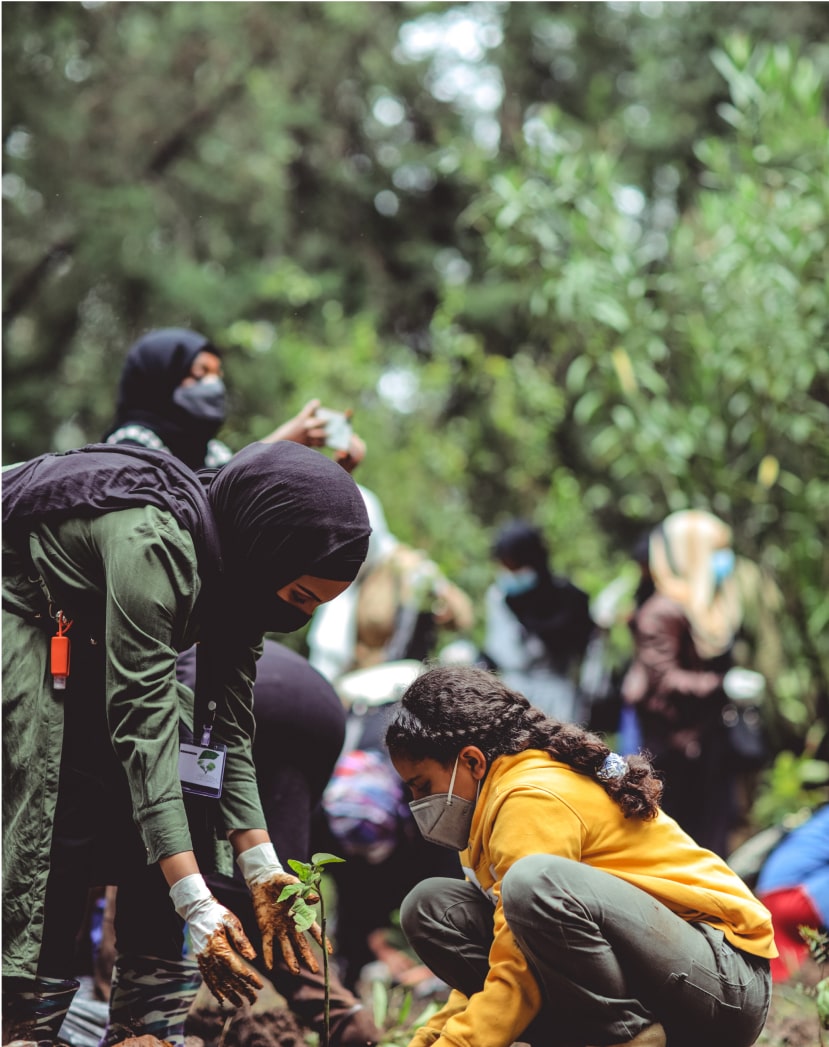While Europe embarks on a journey towards Green Recovery to restore European prosperity and secure a good quality of life now and in the future, universities face increased pressure to improve their contribution to the sustainable development goals (SDGs). This toolbox was created to inspire and support higher education institutions (HEIs) members to act and make a difference in their region by implementing the SDGs into the core areas of their institutions: education, research, outreach and partnering, entrepreneurial activities, campus operations and governance. The toolbox provides tools that all actors – from university management to faculty members to students – can use to gain insights into where and how SD activities may pave the way for a greener future.

The tools within this toolbox have been designed to support the seven steps of the SDS4HEI process model. As part of the ‘SDS4HEI Framework’, the process model provides a knowledge base for HEIs and guides users through the strategic implementation of sustainable development, following the ‘whole-institution’ approach.
If you are new to the field of sustainable development, consider reading the SDS4HEI framework first to get a better understanding of the seven steps towards SD strategies:
If your institution has already formulated a vision for SD and anchored it in its strategic plans, or if you consider yourself to be an experienced trailblazer in your specific field, actively pushing SD forward in your institution, start with exploring the baseline within your HEI and mapping already existing SD initiatives.
If you or your organisation prioritise the 'Third Mission' or entrepreneurial endeavours and engage in transdisciplinary partnerships but lack a clear understanding of sustainable development (SD) goals, begin by pinpointing challenges or opportunities within your local ecosystem. Working towards your institution, you can base your vision on the challenges or potentials discovered within your region.